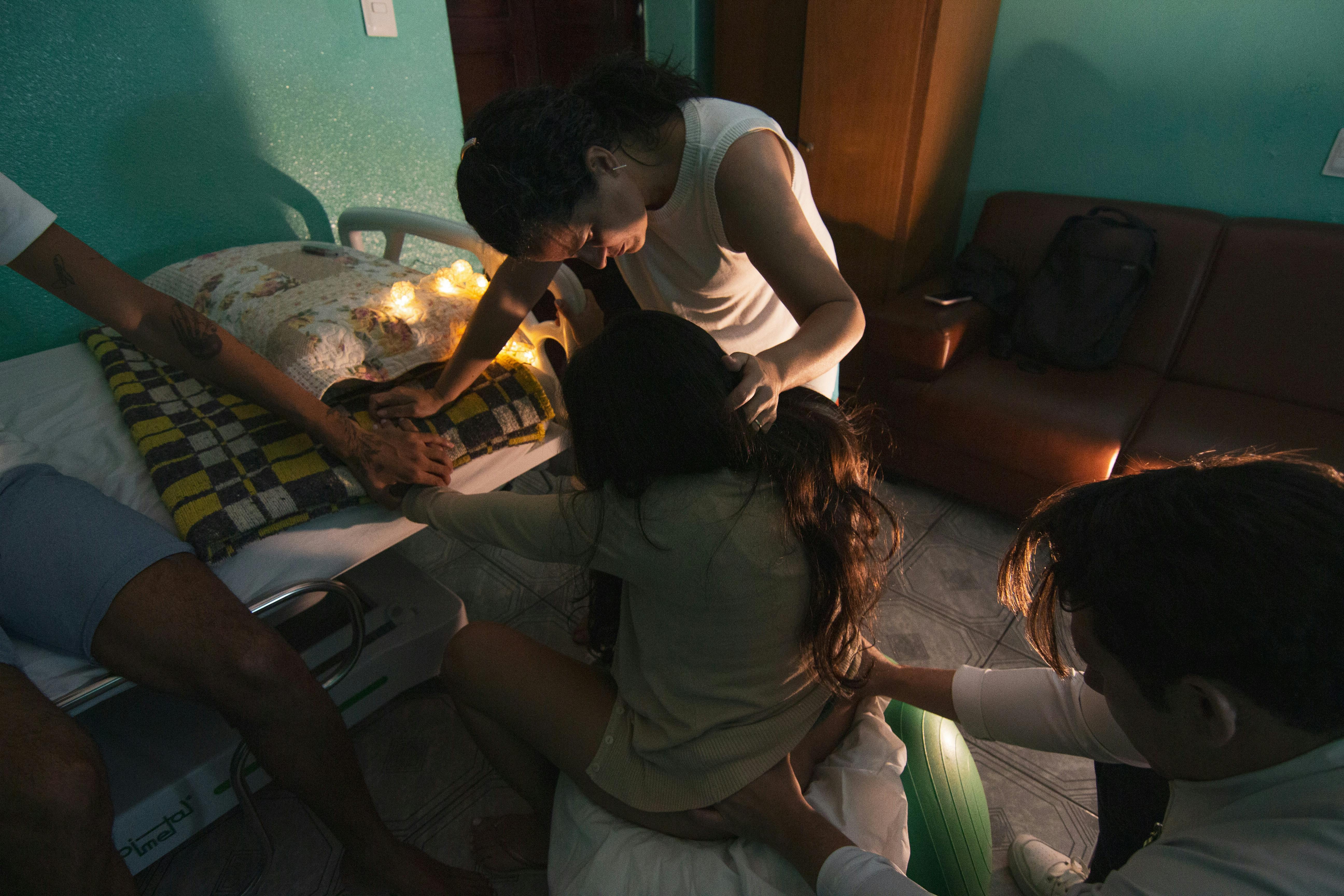Home Sweet Birth: The Do’s and Don’ts of Supporting a Home Delivery
Discover why some families choose home birth, when it’s not advised, and the essential doula guidelines for safety, support, and insurance compliance.
Table of Contents
- Why Parents Choose Planned Home Births
- Don’t Ignore Medical Red Flags
- Do Ensure a Licensed Medical Professional Is Present
- Don’t Overstep the Doula Role
- Do Double-Check Insurance Coverage
- Don’t Forget Delivery-Day Billing Rules
- Pro Tips for a Smooth Home Birth
- The Bottom Line

Giving birth at home isn’t just a back-to-nature trend. For many parents-to-be, it’s a carefully chosen path toward a more personal, peaceful, and empowering start to their baby’s life. But while a home birth can feel cozy and beautiful, it’s not as simple as lighting candles and cueing the spa playlist. If you’re planning to support a home birth, there are essential do’s and don’ts to keep in mind—for both families and the doulas.
Below, we’ll walk through why people choose home birth, situations when it’s not recommended, and the key guidelines doulas must follow to keep everyone safe, supported, and compliant with insurance and professional standards.
Why Parents Choose Planned Home Births
Hospital births aren’t the only option, and for some families, they’re not even the preferred one. Here are some of the top reasons parents opt for a home birth:
- A desire for fewer medical interventions. Many parents want to avoid pain medication, induced labor, or the use of forceps and other delivery tools unless absolutely necessary.
- The comfort of home. Familiar surroundings, your own bed, and the freedom to move about can create a more relaxed birthing experience.
- More control. At home, parents can set the pace, choose the atmosphere, and decide who’s present.
- Cultural or religious beliefs. Some families see home birth as a way to honor traditions or maintain privacy.
- Logistics or cost. Lack of nearby hospitals, limited transportation, or lower overall expenses can all make home birth appealing.
These reasons are valid and empowering—but they don’t mean home birth is right for everyone.
Don’t Ignore Medical Red Flags
The American College of Obstetricians and Gynecologists (ACOG) offers clear guidance on when home birth isn’t recommended. A planned home birth may be unsafe if:
- You’re carrying multiples.
- Your baby isn’t in a head-down position.
- You’ve had a previous C-section.
In these situations, the risk of complications rises sharply. Do talk to your healthcare provider early and often to confirm whether you’re a good candidate for a home birth. Your safety—and your baby’s—comes first.
Do Ensure a Licensed Medical Professional Is Present
If you’re working with a doula through Loula or a similar network, there’s a crucial requirement: a licensed medical professional, such as an OB-GYN or certified midwife, must be present at the home birth.
Why? Because doulas provide emotional and physical support, not medical care. A licensed professional is the one who monitors vital signs, catches potential complications, and takes action if something unexpected happens.
When submitting a visit for billing, doulas must include the medical professional’s National Provider Identifier (NPI) number to document that requirement was met.

Don’t Overstep the Doula Role
Doulas are superheroes of support, but they aren’t doctors or midwives. Staying within the doula scope is key. During a home birth, doulas provide:
- Emotional reassurance when labor gets intense.
- Physical comfort measures such as breathing techniques, massage, counterpressure, and guidance on positions.
- Advocacy and communication support to help parents express preferences and understand their options.
- Education about the stages of labor and common procedures.
- Partner and family coaching so loved ones know how to help.
Notice what’s missing? Anything clinical. Doulas don’t perform medical tasks or make medical decisions. Don’t attempt to act as a healthcare provider. Instead, focus on being the steady, calming presence that parents need.
Do Double-Check Insurance Coverage
Before agreeing to home birth support, doulas should ensure their professional liability insurance is active. It’s also worth noting, that not all policies automatically cover home birth services. If your insurance excludes it, you have two choices:
- Decline the home birth booking.
- Secure liability insurance that explicitly covers home births.
This is about protecting everyone—clients, doulas, and the business. Loula, for instance, clearly states it won’t be liable for complications that occur during home births.
Don’t Forget Delivery-Day Billing Rules
Home births don’t exempt doulas from the fine print of insurance billing. On the day of delivery, doulas can bill for birth support plus only one additional visit—either a prenatal visit or a postpartum visit, but not both.
The combinations break down like this:
- ✅ Prenatal Visit + Labor & Delivery Support (on the same day)
- ✅ Labor & Delivery Support + Postpartum Visit (on the same day)
- 🚫 Prenatal Visit + Labor & Delivery + Postpartum Visit (all three on the same day)
If you plan a postpartum visit for the day after birth, great—it just can’t be billed for the same day as the delivery if you already included a prenatal visit.
Pro Tips for a Smooth Home Birth
Whether you’re the expecting family or the doula, preparation is everything. Here’s a quick checklist of extra do’s and don’ts:
- Do create a detailed birth plan that includes emergency hospital transfer protocols.
- Do gather essential supplies early (clean linens, sterile gloves, newborn care items).
- Don’t forget to have reliable transportation ready, just in case a hospital transfer is needed.
- Do stay flexible. Birth can be unpredictable, and sometimes plans need to change mid-labor.
The Bottom Line
A home birth can be a beautiful, empowering experience when done safely and with the right team in place. Parents who long for a more intimate setting often find that giving birth at home provides exactly the calm, control, and comfort they desire.
But it’s not a decision to take lightly. Medical guidance, professional liability coverage, and strict adherence to doula scope and billing rules are nonnegotiable.
Do embrace the joy and intimacy of bringing a baby into the world at home.
Don’t skip the safeguards that keep everyone healthy and protected.
With the right preparation—and the right balance of heart and professionalism—a home birth can truly live up to its name: the sweetest welcome home imaginable.



